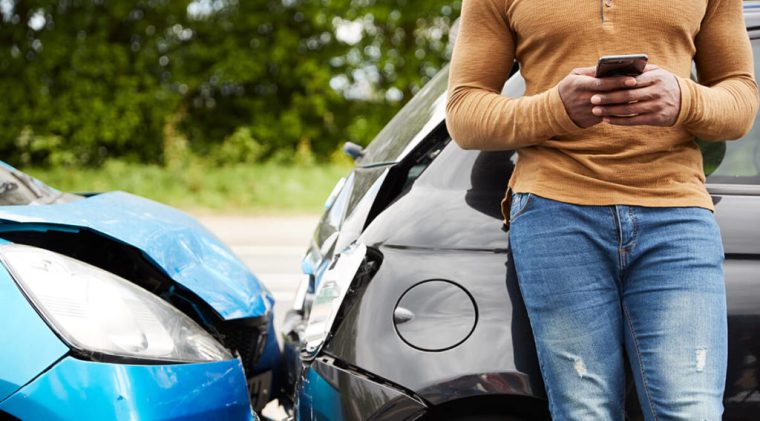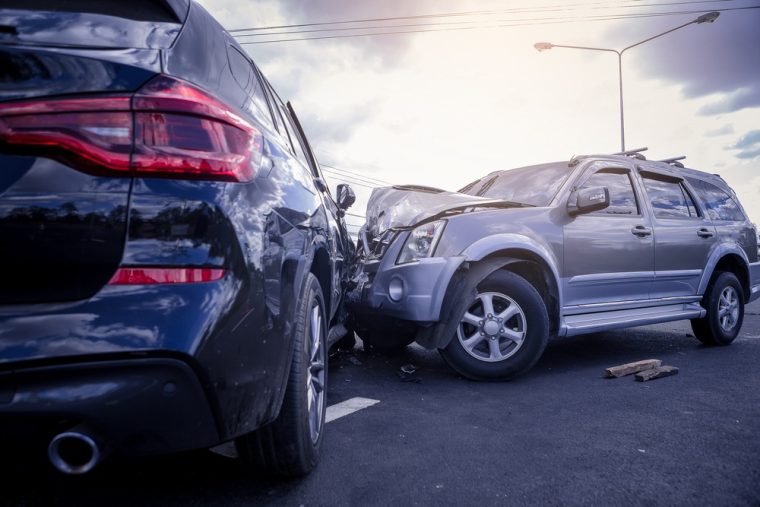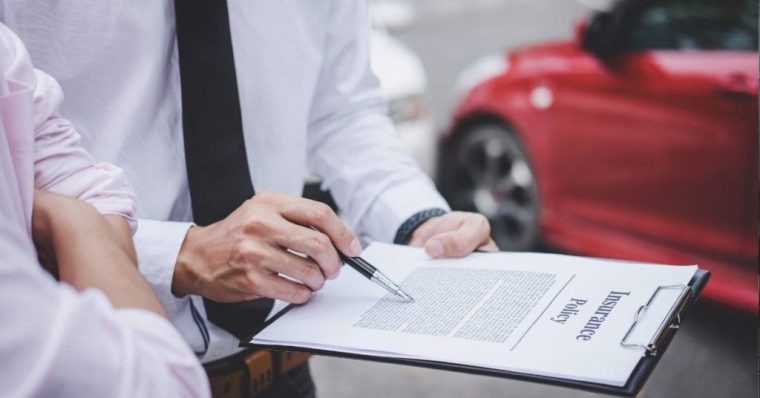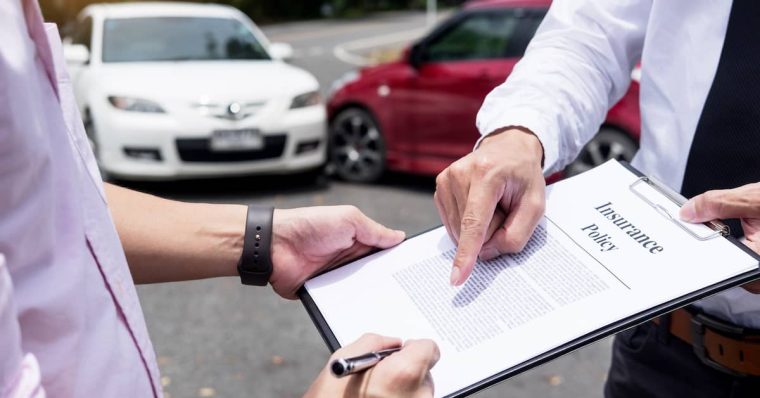No one wants to be in a car accident, and you never think you’re going to be until it happens.
When you’re experiencing a major adrenaline spike after an accident, it’s hard to know what to do next.
The steps that you take immediately following a collision or accident play a big role. If you get hurt and it’s not your fault, but you don’t take the right steps from the start, then you may lose your opportunity for compensation for your damages.
According to the William G. Kolodner personal injury law firm, when you’re in a car crash, it’s traumatic, and your physical and emotional injuries can be overwhelming.
What some people do is create a checklist of what to do after a car accident. That way, they can keep it in their car if they ever need it because they worry they won’t be able to remember everything when they’re in shock.
With that in mind, the following are seven things to make sure you do after a car accident.
1. Stay at the Scene

Accidents are unpleasant and terrifying, and emotions run high when they happen. You might be feeling confused or distracted. You might even feel angry if the accident is the fault of someone else. Regardless, you need to stay at the scene.
At a minimum, exchange information with everyone else involved in the accident.
If an officer comes to the accident scene and they’re investigating, don’t leave without their permission.
If you leave the scene of an accident too soon, depending on the circumstances, you could be charged with a hit and run.
If you are in an accident, you should let the police know. You need to make sure you report it to the police even if they aren’t going to respond. The police usually won’t respond if the accident is minor, but when you call them, they’ll let you know what they’re going to do.
When someone’s hurt, and you call 911, an officer will be dispatched to the scene. If no one is hurt, or at least they don’t appear to be, you don’t need to call the emergency line.
If an officer comes, they’re going to talk to everyone involved and create a police report.
2. Check for Injuries
Start with yourself and quickly assess how you’re doing after an accident. Then, check in with your passengers. If it’s safe for you to do so, check on the other drivers and their passengers. If you notice any injuries, call 911. If you’re unsure, it’s better to err on the side of caution and call 911 anyway.
Don’t try to help anyone in a way that’s outside of your comfort zone. Unless someone is in imminent danger, such as from a car exploding or a fire, don’t try to move them.
3. Be Careful with What You Say

When you’re at an accident scene, never admit fault for anything. Even if you think you did something wrong legally, you might not have. If you admit fault or even apologize, you might not be able to recover damages.
Don’t talk to an insurance claims agent without an attorney, and don’t let your insurance company manipulate you into thinking they’re working for you. All insurance companies are focused on profits above all else.
4. Move the Vehicles if You Can
If your accident seems to be pretty minor and no one is seriously hurt, try to move the vehicles out of the traffic flow and over to a shoulder. You want to try to avoid a traffic jam, and it’ll help first responders access you and the vehicles more easily. If you stay in traffic, you’re running the risk of getting seriously hurt.
5. Exchange Contact and Insurance Information

Whether the police come to the scene or they don’t, identify all the other drivers involved and get their names, contact information, driver’s license number, and the details for their car insurance. If you can take pictures of things like their insurance card and their license, that’s ideal.
If the person driving isn’t the car’s owner, get the information for the owner too as well as any nearby witnesses who may have seen what happened.
An Oakland car accident lawyer shares: One step that is often looked over is the exchange of information between you and the other driver or drivers who were involved in the accident. Although exchanging information doesn’t seem like a big deal, not obtaining enough accurate information can make things difficult when it comes time to file a police report or talk to your insurance provider.
6. Gather Evidence
Along with contact information, when you’re at the scene of an accident that’s just happened, you need to gather evidence.
Get the details of other involved vehicles, including the year, make and model. Get the license plate number and a general description. Take lots of pictures. You want to take pictures of all involved vehicles, skid marks, traffic signals, and conditions in the surrounding area. If there are signs and stoplights, take photos of those.
You should also write down exactly what happened as soon as you can. Maybe you text it to yourself while it’s fresh on your mind. You want to write down the location, date, and time of the accident and the direction you were going. Write your location on the road and exactly what you were doing when the accident occurred. Make notes about what the other car was doing at the moment of impact.
7. Alert Your Car Insurance Company

Finally, your car insurance company will have a number that you can call to report an accident. You need to call your own insurance agent too, who will have questions for you. Your agent can report the accident to your insurer on your behalf.
You need to let alert your insurer as soon as possible if you’re in an accident, no matter whose fault it was.
Your policy requires that you let the company know promptly.
If you don’t provide notice in a timely way, it can jeopardize your coverage.
Just because you’re reporting an accident doesn’t automatically mean you have to file a claim. You should speak to an experienced lawyer about the pros and cons of filing a claim in your specific situation since it can affect your premiums.
Finally, depending on how serious the accident was, you might also have to report it to your DMV. Every state has its own criteria for reporting an accident to the DMV. For example, in California, you have to report an accident within ten days if there is more than $1,000 in property damage.
